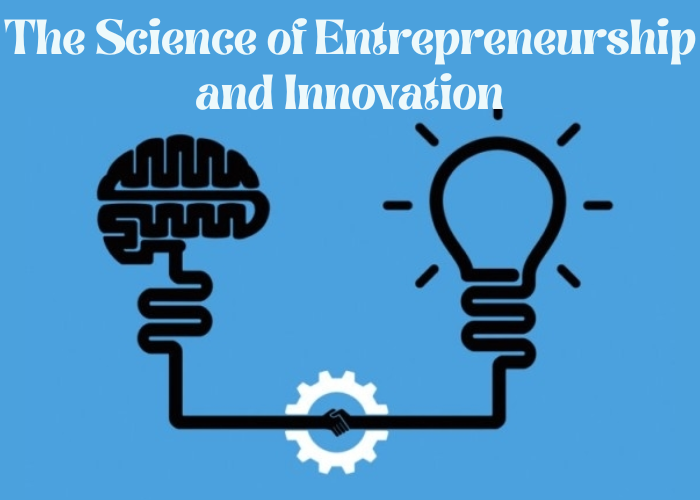You’ve probably heard the phrase “creativity is everywhere.” But what does that really mean? And why should we be interested in creativity? The answer lies in the way our brains work, specifically when it comes to innovation and entrepreneurship. It turns out that our brains are hardwired for creativity, we just need to learn how best to harness it at work!
The Most Creative People Are the Ones Who Have Multiple Streams of Thought
Creative thinking is a skill that can be learned, improved and applied to many different fields. It’s important to keep in mind that creativity isn’t just about being an individual genius—it’s also about engaging with others who have different perspectives or backgrounds. One way you can do this is by listening to their ideas and then incorporating them into your own work so that together you create something new and useful for society as a whole.
Creative thinkers often have an affinity for innovation because they’re constantly seeking out new ways of doing things; however there are certain personality traits associated with being creative that make some people more likely than others:
Your Brain Is Wired for Creativity and Innovation, Whether We Like It or Not
This is a big idea and may be hard to believe at first but there are plenty of studies that show this to be true. For example, a recent study by researchers at University College London found that the brains of creative people are physically different from non-creative ones: they have larger hippocampus volumes, which helps them process information faster than someone who doesn’t think creatively. Another study done at Harvard Medical School showed similar results: participants who were asked to make unusual associations between words showed increased activity in their prefrontal cortexes (the part responsible for planning actions), which suggests that making new connections can actually help you see things differently than those around you do; it also seems like these networks could help us solve problems more efficiently by allowing us access new forms of thinking altogether!
We All Have a Specific Type of Creativity
The process of creativity is the same for everyone, but our talents can be highly varied. Some people are more creative in some situations than others. For example, a person who has a lot of experience working with people may find it easier to come up with new business ideas than someone who doesn’t have that same background.
The reasons why some people are more creative than others vary from person to person and field to field but there’s one thing that we all share: our ability to create something new out of nothing at all!
People Who Are More Extroverted Can Be More Creative
- Introverts are often more creative when they are alone, but only in certain circumstances.
- Introverts tend to be more creative when they’re working on a project alone, but also during brainstorming sessions with others.
- When you have an introverted personality, it may make sense for you to seek out quiet places where you can work on your next big idea or invention.
Many People Are Afraid to Fail, but Failure Is Actually a Good Thing
Many people are afraid to fail, but failure is actually a good thing because it gives us the opportunity to learn something new and grow as an individual. This can happen when you don’t know what you’re doing, but if you keep trying, eventually your success will come. You’ll find out what works and what doesn’t work and that knowledge can lead to innovation in your business or personal life.
You Can Inspire People by Using Examples
You can inspire people by using examples from other successful entrepreneurs in your field.
- In this example, the entrepreneur was a woman named Oprah Winfrey who became one of the most famous personalities in American history. She used her success to give hope and inspiration to millions of people around the world.
- Another example is Mark Zuckerberg who has been listed as one of TIME magazine’s 100 Most Influential People since 2010, as well as being recognized by Forbes Magazine as one of America’s most powerful billionaires (earning him $50 billion) after launching Facebook at Harvard University in 2004!
Conclusion
The science of entrepreneurship and innovation can be a really exciting thing, but it’s also intimidating. We all have our own unique types of creativity and personalities, so we might not be able to apply everything in this post without some trial and error. However, the more you learn about yourself and how your brain works, the easier it will be for you to harness that power and apply what you know into your business!



